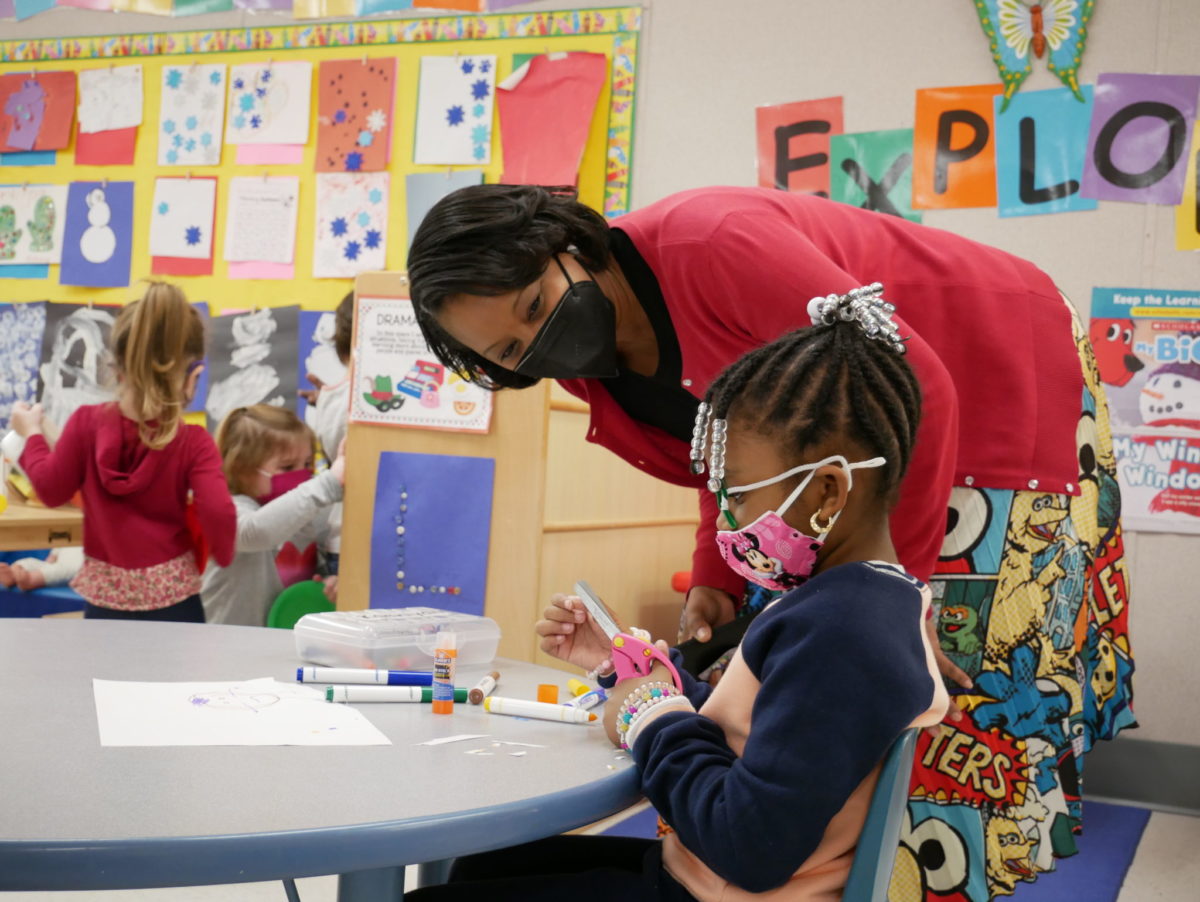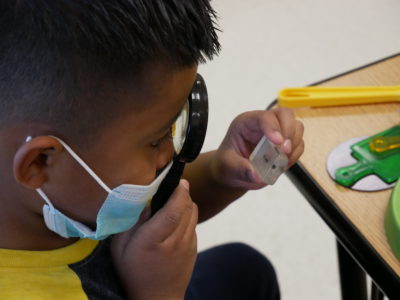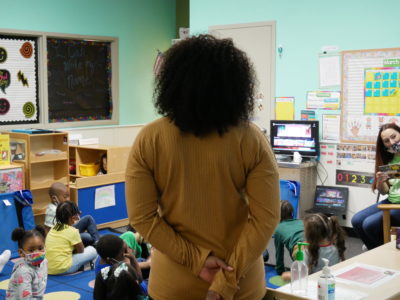
I woke up on a recent morning to my usual routine: a cup of coffee and a perusal of Heather Cox Richardson’s daily reflections on the state of the world, delivered to my inbox each night while I sleep as part of her “Letters from an American” series.
And, boy, did she nail it that day – with an observation that has been front of mind for me for the past two weeks:
“Biden and Harris are recentering American society on children and on their mothers, giving mothers the power to support their children regardless of their marital status. Theirs is a profound reworking of American society, much more in keeping with what has always been our reality despite our mythological focus on an independent man and his family.“
These are challenging times indeed. The ongoing trauma we’re suffering in the midst of a global pandemic; the economic hardships that confront so many; the racist police brutality that we continue to witness; subversive attacks on voting rights: these are each newsworthy, attention-deserving, riveting issues of the moment.
But, folks: Alongside these troubling events of the day, there is a quiet and historic revolution happening across our country. Let us stand up together and take notice.
“I’m convinced that if we act now, in 50 years people are going to look back and say this is the moment when America won the future.”
These were the words from President Biden on March 31, as he announced his $2 trillion American Jobs Plan. This came on the heels of a $1.9 trillion American Rescue Plan that he had signed into law on March 11. The first of these plans provides much-needed economic relief to families who have suffered mightily during COVID-19. The second invests in our nation’s infrastructure, long deferred.
But a glance at the details contained within each makes it clear who the big winners are: children. New York Times columnist Nicholas Kristof calls the American Rescue Plan “a revolution for America’s children”; the second plan, not yet signed into law, would extend this revolution even further.
Universal pre-K? Check. Monthly child allowances? Check. Affordable day care? Check. Support for early childhood home visiting programs? Check. Hiring additional educators to address learning loss? Check. Resources for summer and afterschool enrichment programs? Check. Repairs to deteriorating child care facilities? Check. Modernizing of public schools? Check. Reliable broadband for families? Check.
The transformative list of investments in childhood goes on and on.
Richardson was right: This is indeed “a profound reworking of American society.”
Just how profound? Get this: these plans, together, hold the promise of cutting child poverty in half – not at some distant time, but right now, in 2021. And, as the education advocacy group Chiefs for Change notes, they give “children from historically disadvantaged backgrounds more equitable access to the tools, programs and facilities they need to learn and succeed in the 21st century.”
Here in North Carolina, beacons of hope are also shining brightly on the near horizon. At the end of March, Gov. Roy Cooper unveiled his proposed budget for the next two years. The budget includes over $16 billion in 2021-22 and almost $16.8 billion in 2022-23 just for education. This reflects a huge investment for our children and families, and it includes: increased funding and expanding available slots for NC Pre-K; funding for more child care subsidies for low-income families; and many specific allocations in line with the remedial recommendations addressed in the resolution of the Leandro case that orders the state to make good on the fundamental right of every North Carolina child to have access to a sound basic education.
These ambitious and promising plans come on the heels of a traumatic past 12 months: the pandemic-induced needs and challenges of families and children are dire and urgent in deeply upsetting ways, and the inequities that were already entrenched have grown more alarming. Progress out of – and recovery from – this tough time is going to come slowly, even with the best of supports and investments.
And of course, much is yet to be determined about how these reforms will play out. Will the plans become permanent? Will President Biden’s American Jobs Plan pass Congress? Will Governor Cooper’s budget pass the state legislature? Stay tuned.
But, still, let’s acknowledge and celebrate the enormity of this historic moment we are in, and the wellspring of hope it offers our weary souls. The scope and magnitude of these investments in children and their well-being are the biggest news in our lifetimes for anyone who cares about children.
This may indeed be the moment, as President Biden said, when we win the future – especially for our children.




